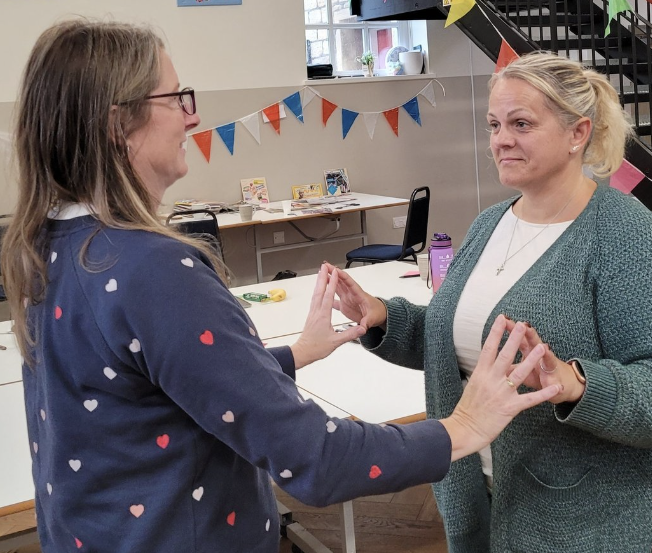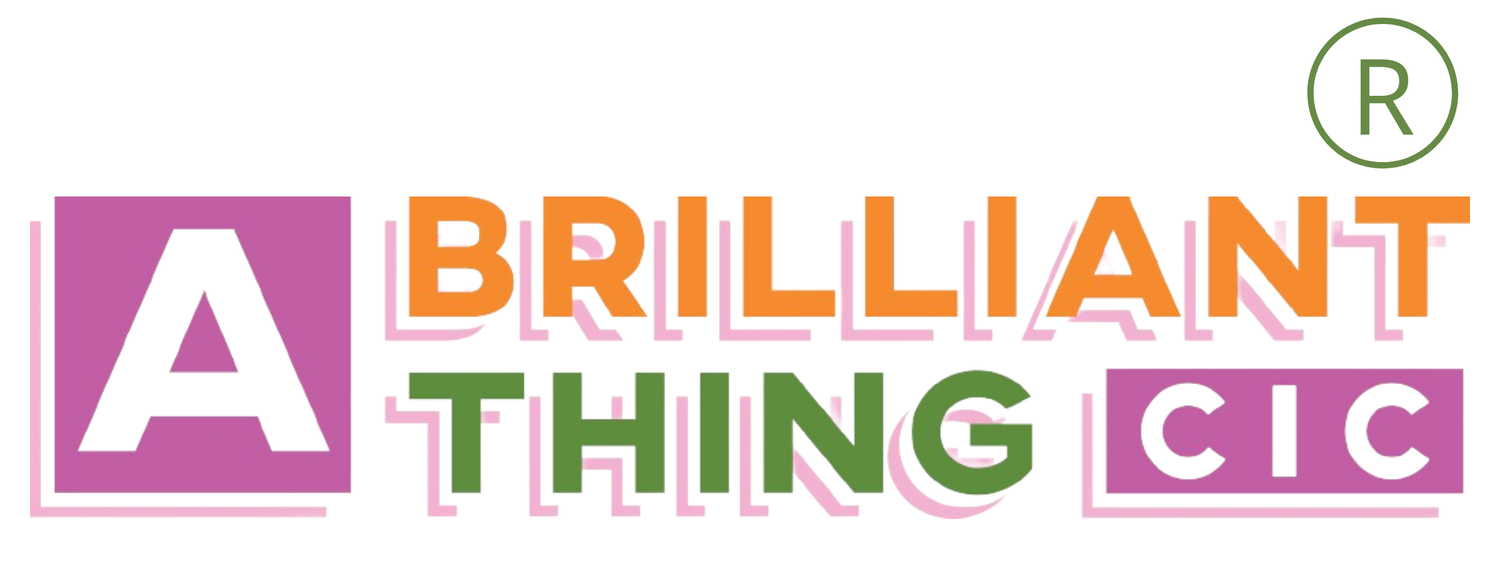
Trauma Informed Communities
A Toolkit to support trauma informed practice, when working in and with communities.
Developed with Bolton Council Public Health team, Bolton community organisations, arts, health and wellbeing practitioners and people with lived experience of trauma.
Explore the Resources below (recommended for easy access), make a copy of the full toolkit here or download the PDF Toolkit
What is it?
The toolkit includes guidance, resources and tools, coproduced with community organisations, people with lived experience of trauma, volunteers, partners and community stakeholders.
Why is it important?
It's likely that the services and support you offer in communities is helping people who have experienced trauma, and that trauma lives in the lives of your teams and partners. These resources share supportive, safe working practices.
Who is this toolkit for?
This toolkit has been developed for people who work or volunteer with communities, including Community, Voluntary, Faith-based and Social Enterprise (VCFSE) sector organisations. This toolkit is also useful for public sector workers, commissioners and funders.
Where do I start?
Community organisations and partners helped design a series of pathways, to help different people navigate this toolkit. Staff from large charities to small community groups, board members and volunteers will find tailored suggestions on where to start.
How can we do it?
Through community conversations and codesign with teams, volunteers and partners in community based work, we have developed resources, guidelines and tools to support trauma informed practice with clients, in teams and organisations and within partnerships.
When do I use this practice?
Considering the environment, context, relationship and wider lives of the people we work with helps create safety and support around the work we do in communities. These resources will help you consider when and where trauma informed approaches are especially needed.
Team and Contributors
Our project team gathered community research, facilitated co-design sessions, held reflective practice sessions and contributed resources to the toolkit. The team was supported by colleagues at Bolton CVS and Bolton Council Public Health, and VCSE sector organisations.
Starting the conversation
Starting a conversation with your colleagues or community about trauma informed work can be tough, but when we adapt the way we speak, work and interact we can make a big difference to the lives of those around us. Remember our role is to be supportive, not to offer healing or therapeutic support, so we can all develop skills and ways of being that help.
A Toolkit for Every Role
We all have a role in building a community where trauma-informed practices thrive. Whether you're a charity worker, social entrepreneur, community organisation leader, frontline practitioner, volunteer, commissioner, or a community member, your commitment to trauma-informed practices contributes to a resilient and supportive collective.
Client Processes
We explored the range of processes that different organisations adopt to work with their clients, participants and people they interact with. This helps give an oversight of best practice for community organisations when considering their own internal processes.
Public Health Overview
We want people to live well, happy and in good health.
We are really excited to launch this toolkit and for organisations to use and start their journey in trauma informed practice, making a difference to the people and communities we serve.
Accessible Overviews
In developing this toolkit we recognise the importance of accessibility. The have created some accessible overview documents to enable as may people as possible to learn about trauma-informed practice.
Compassionate Leadership
Becoming a compassionate leader is essential trauma informed work. Developing positive relationships, promoting a healthy work environment, and achieving both personal and organisational success can be done with compassion. Here's a set of prompts to help you to consider your own compassionate leadership skills:
Post Traumatic Growth
Under the right conditions growth will occur. Just as with any natural growth process it is a matter of timing, nurture, environmental conditions, nourishment and, above all, time. This new growth will yield fruit in the form of improved relationships, new possibilities in life, increased personal strength, spiritual change, appreciation of life, being more in the moment, being present and open to new experiences.
Influencing Change
Influencing and making change is complex. By influencing change you will affect change and this change will have an effect. This is why we use the river as a guiding framework - change is a constant. The most important factor is time, you will not only need time to create influence, but also to see the effect of that influence. However, remember the process, make for small wins and review, evaluate and refine all the way.
Supporting Yourself
People working in community organisations need to prioritise self-support, not only for themselves but because maintaining their wellbeing ensures sustained and effective support for the community they serve. Here are some ideas.
















